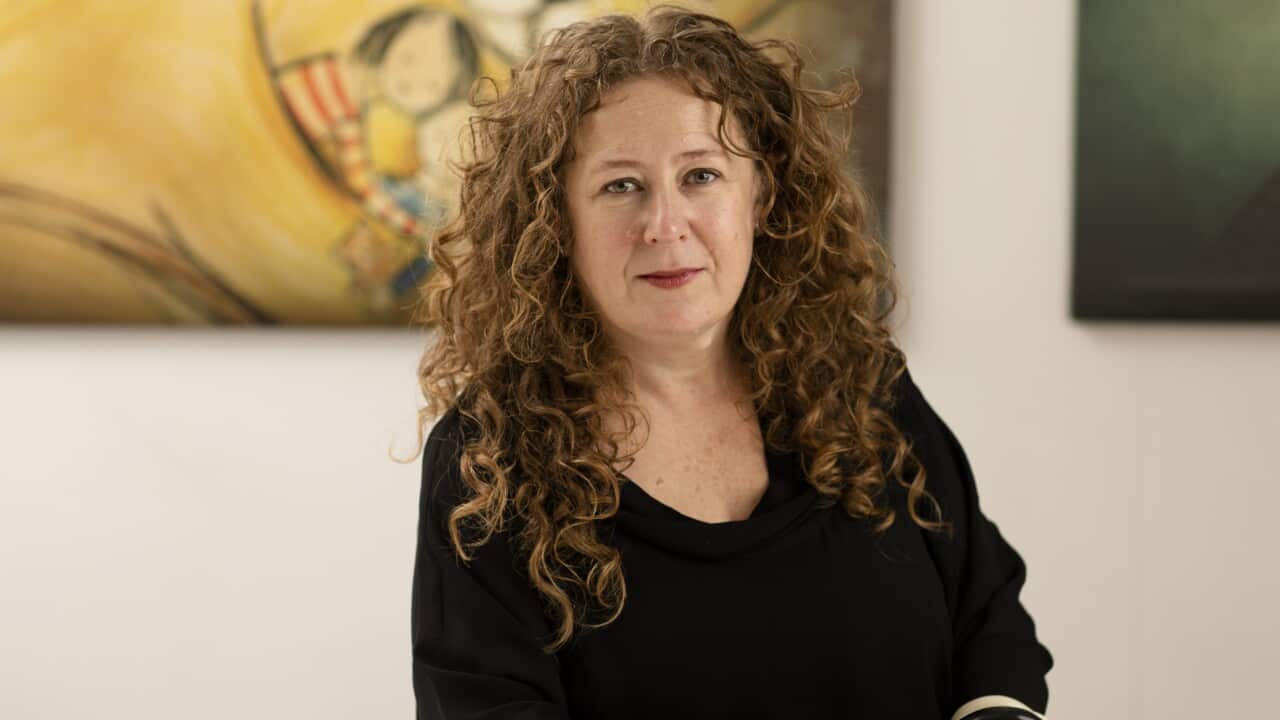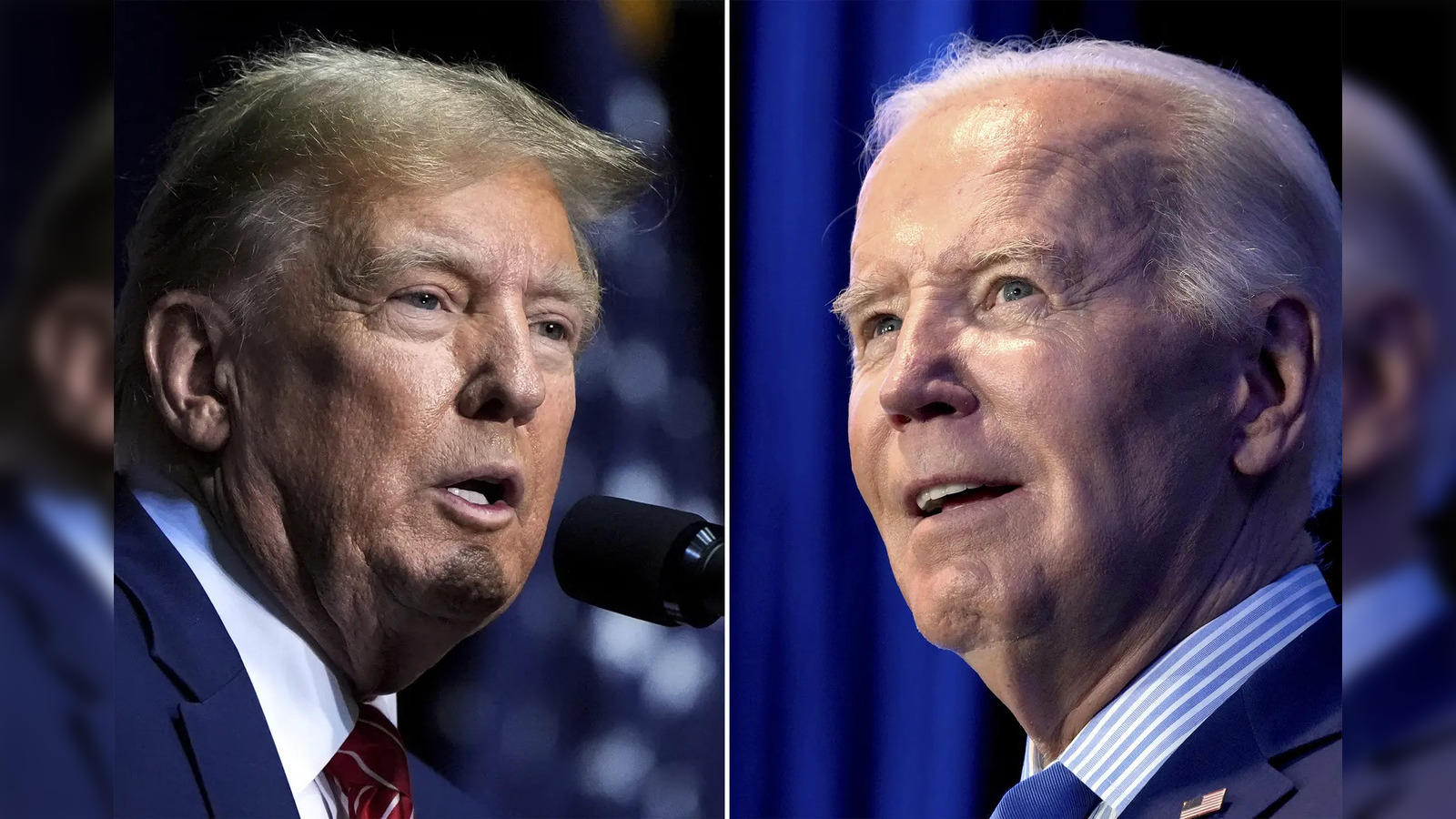This article contains references to domestic violence, sexual assault and child abuse.
The Center for Multicultural Family Violence will continue to lobby the federal government to establish new visas for victims and survivors on temporary visas to feel safe in Australia.
The Victorian group inTouch, which advocates for immigrant and refugee victim survivors, called for the establishment of a special three-year visa for women affected by gender-based violence.
This is one of 11 recommendations inTouch submitted to the federal government in March. .
of A joint initiative by federal and state and territory leaders, it serves as a “blueprint” for ending family, domestic and sexual violence.
The plan allowed perpetrators to use the victim-survivor’s temporary visa as a form of control and abuse, and to take advantage of the limited support services available to them.
“Immigrant women, including those on temporary visas, also face structural barriers that other women do not, such as the impact of ending a relationship on visa status and social security eligibility. We are,” the plan said.
It was proposed to relax restrictions on existing temporary visas to access services so that survivors with immigrant or refugee backgrounds would feel more supported in Australia. rice field.
Michal Morris, chief executive of inTouch, said he was pleased that the plight of temporary visa holders was acknowledged, but that establishing new visas for victim survivors would require the government to “do more.” He said he believes it needs to be “convincing”.
She said the new three-year visa, which gives children access to Medicare, social services, and schooling, will give them the financial independence they need.
The inTouch proposal would allow women to apply for a new visa that would act as a pathway to permanent residency.
“We need to ensure that every Australian woman who has experienced domestic violence in Australia has the support to move forward from that experience,” Morris said.
“The only way we can do it is to take a little breather around visa status for her to move on.
“I believe the federal government needs to be constantly reminded that the temporary visa immigration program can be used as a form of coercive control and is a form of family violence. .”
Violence against women is a ‘national crisis’
In Australia, 1 in 3 women have experienced physical violence after the age of 15 and 1 in 5 have experienced sexual violence. On average, an Australian woman is killed by her intimate partner every 10 days. A First Her Nation woman is 34 times more likely to be hospitalized for violence than a non-Indigenous woman.
“The prevalence of violence against women in this country is a national crisis,” said Hayley Foster, CEO of Fullstop Australia, which helps victims of sexual, domestic and domestic violence. Told.
“We now have an opportunity to stem the tide, turn it around, and enable the next generation of women and girls to live lives free of violence.”
National Sexism Commissioner Kate Jenkins said while the plan was “encouraging,” state and national governments must have the resources to meet the goals.
“For this reason [plan] To be successful, all governments must invest heavily in prevention and recovery strategies,” she said in a statement.
The plan is behind the first 12-year national plan led by former Prime Minister Julia Gillard. It has helped establish national agencies such as Our Watch, the Australian National Research Service for Women’s Safety (ANROWS), and the 1800RESPECT Helpline.
Morris said past plans have helped pave the way for this government to “take action” to tackle gender-based violence.
The first of the two action plans, due to be released at the end of the year, highlights measurable goals for government action.
SBS News has reached out to the Home Office for comment.
If you or someone you know is affected by family or domestic violence, call 1800RESPECT on 1800 737 732 or In case of emergency, please call 000.
Men’s Referral Service provides advice for men on domestic violence and can be reached at 1300 766 491.
National Plan to End Violence: Seeking Special Visas for Migrant and Refugee Victim Survivors




